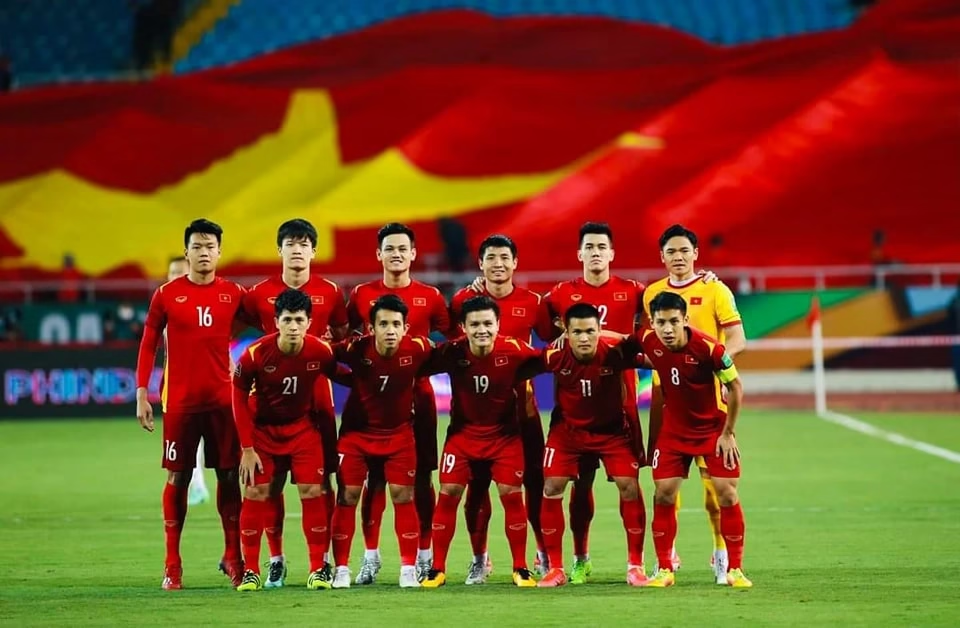Diego Armando Maradona: The Heart of Football
Full Name: Diego Armando Maradona
Date of Birth: October 30, 1960
Place of Birth: Villa Fiorito, Buenos Aires, Argentina
Date of Death: November 25, 2020
Position: Attacking Midfielder/Forward
Nickname: El Pibe de Oro (The Golden Boy)
Legacy: One of the most talented and controversial figures in football history
Early Life of Diego Armando Maradona
Diego Maradona was born into a poor family in Villa Fiorito, a shantytown on the outskirts of Buenos Aires. The fifth of eight children, his passion for football was evident from a young age. Gifted with extraordinary talent, Maradona joined Los Cebollitas (The Little Onions), a youth team associated with Argentinos Juniors, where his skill quickly became apparent. By age 12, he was entertaining crowds at halftime with his ball control and tricks.
Club Career
Argentinos Juniors (1976–1981)
Maradona made his professional debut at just 15, scoring over 100 goals for the club. His dazzling dribbling and vision marked him as a rising star in Argentine football.
Boca Juniors (1981–1982)
In 1981, Maradona joined Boca Juniors, his dream club, where he won the Argentine Primera División title. Despite his short stint, he left an indelible mark on the team and its fans.
Barcelona (1982–1984)
After the 1982 FIFA World Cup, Maradona moved to Barcelona for a then-world record transfer fee. He won the Copa del Rey and Spanish Super Cup but struggled with injuries and off-field controversies. A violent on-field brawl during the Copa del Rey final against Athletic Bilbao in 1984 marked the end of his time in Spain.
Napoli (1984–1991)
Maradona’s transfer to Napoli was transformative for both the player and the club. He became a symbol of hope and pride for the people of Naples, leading the team to unprecedented success:
- Achievements:
- 2 Serie A titles (1986–87, 1989–90).
- Coppa Italia (1987).
- UEFA Cup (1989).
- Supercoppa Italiana (1990).
Maradona’s charisma and skill turned Napoli into a global football powerhouse, solidifying his status as a club legend.
Later Years
After leaving Napoli, Maradona had stints with Sevilla (1992–1993), Newell’s Old Boys (1993), and a final return to Boca Juniors (1995–1997) before retiring from professional football.
International Career of Diego Armando Maradona
Maradona’s career with the Argentina national team is one of the most storied in football history.
Key Achievements:
- 1986 FIFA World Cup (Mexico):
- Maradona’s crowning achievement came in the 1986 World Cup, where he almost single-handedly led Argentina to victory.
- Famous Moments:
- “The Hand of God”: A controversial handball goal against England in the quarter-finals.
- “Goal of the Century”: In the same match, Maradona dribbled past five English players to score one of the greatest goals in football history.
- Won the Golden Ball as the tournament’s best player.
- 1990 FIFA World Cup (Italy):
- Despite battling injuries, Maradona led Argentina to the final, where they lost to West Germany.
- 1994 FIFA World Cup (USA):
- Maradona’s tournament ended in controversy after testing positive for a banned substance, leading to his suspension.
In total, Maradona earned 91 caps for Argentina, scoring 34 goals and inspiring millions with his skill and passion.
Playing Style of Diego Armando Maradona
Diego Armando Maradona was a genius on the pitch, combining incredible technical ability with creativity and flair.
- Strengths:
- Exceptional dribbling and ball control.
- Precise passing and vision.
- Deadly free-kick accuracy.
- A strong leader, capable of inspiring teammates.
- Physical Attributes: Despite being only 5’5″, his low center of gravity allowed him to maneuver through defenders effortlessly.
Controversies
Armando Maradona’s life was marked by triumphs and struggles.
- Drug Addiction: His battle with cocaine began during his time at Barcelona and escalated in Naples.
- Scandals: Numerous off-field issues, including legal troubles and paternity suits, often overshadowed his career.
- Health Issues: Years of substance abuse and unhealthy lifestyle choices led to severe health problems later in life.
Post-Retirement and Coaching Career
After retiring, Maradona struggled with health and addiction issues but remained connected to football. He had mixed success as a coach, leading the Argentina national team to the 2010 FIFA World Cup quarter-finals and managing clubs in Argentina, Mexico, and the UAE.
Legacy of Diego Armando Maradona
Maradona is remembered not just for his skill but for the passion and joy he brought to football.
- Global Icon: Loved by fans for his humility and connection with ordinary people.
- Cultural Impact: In Naples, he became a symbol of resistance and pride.
- Honors: Named FIFA Player of the Century (2000, shared with Pelé) and included in countless “greatest player” lists.
Death and Tributes
Maradona passed away on November 25, 2020, due to a heart attack. His death prompted an outpouring of grief worldwide, with fans and players paying tribute to his unmatched legacy. In Argentina, he was mourned as a national hero, and Naples honored him as a deity of football.
Conclusion
Diego Maradona’s life was a rollercoaster of brilliance and controversy, but his unparalleled talent and passion for the game left an indelible mark on football. Known as El Pibe de Oro, he remains a symbol of the sport’s beauty, drama, and humanity—a true legend who will never be forgotten.





2 thoughts on “Diego Armando Maradona – The Heart of Football”